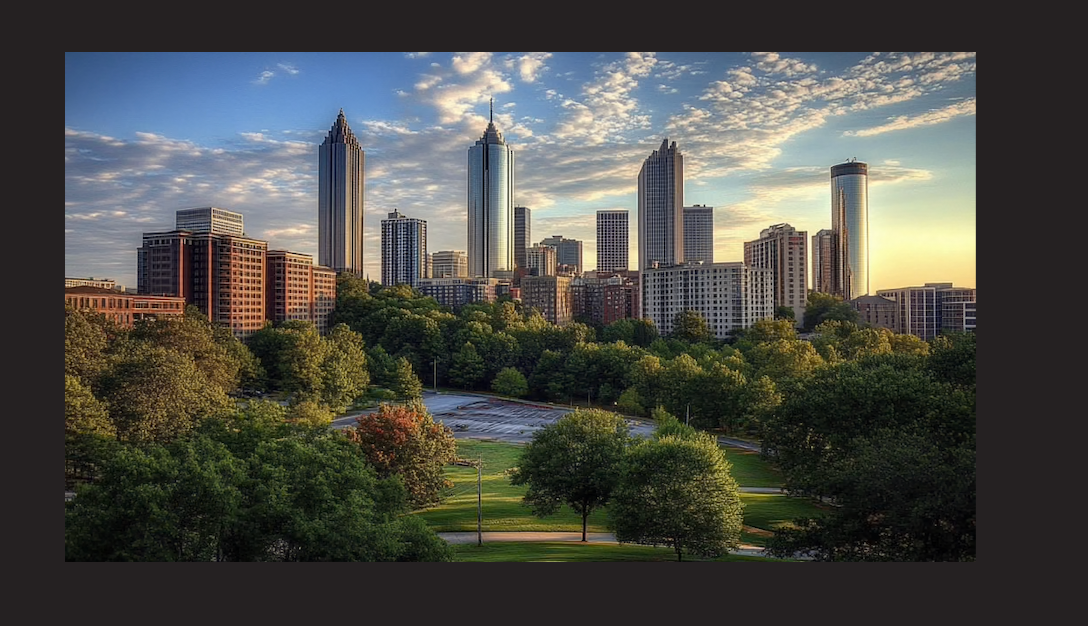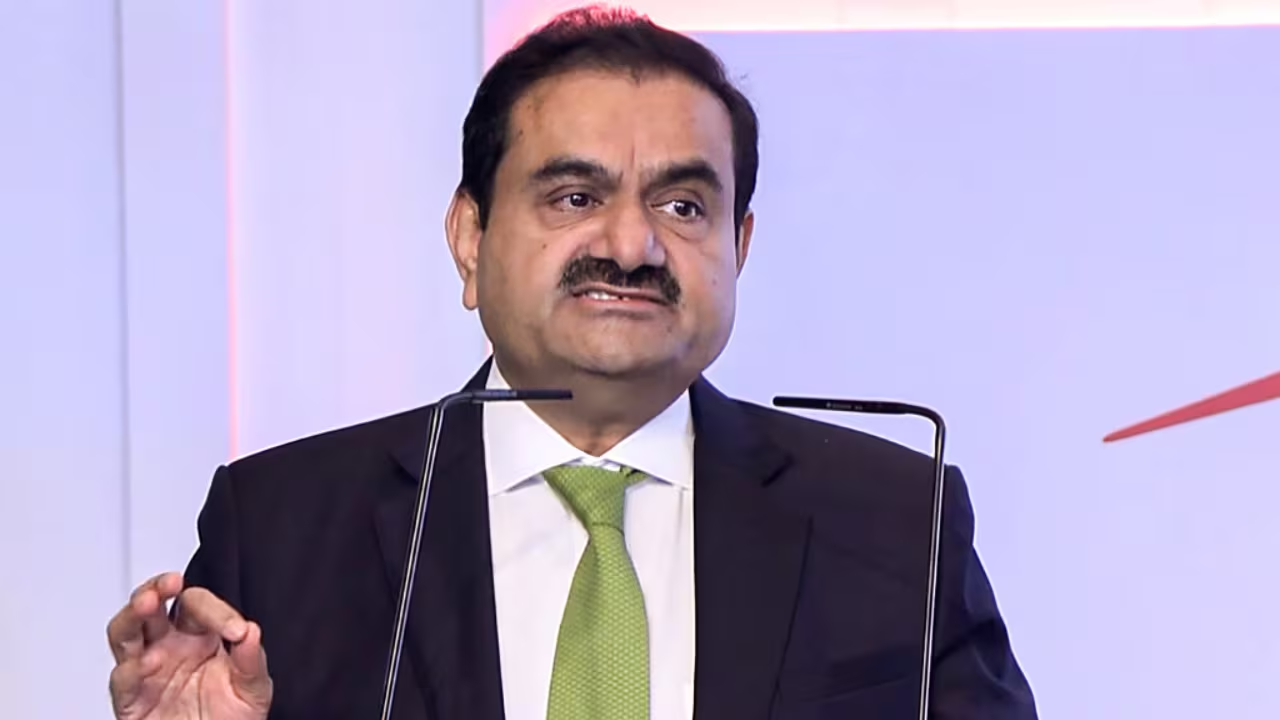Turki Al-Jasser, arrested in 2018 for online criticism, put to death amid ongoing global concerns over press freedom in the Kingdom
Saudi Arabia has executed journalist Turki Al-Jasser, nearly seven years after his arrest in 2018 over social media posts critical of the government and royal family. Rights groups say the charges against him—terrorism and treason—were politically motivated, and that his trial was shrouded in secrecy. The execution, confirmed by the Saudi Press Agency, took place on Saturday after the nation’s top court upheld the death sentence, reported indianexpress.com.
Al-Jasser, a journalist in his late 40s, was detained when Saudi security forces raided his home, confiscating his electronics. He was accused of operating a pseudonymous X (formerly Twitter) account that published allegations of corruption involving Saudi royals and shared critical views on militant groups.
The New York-based Committee to Protect Journalists (CPJ) said his execution reflects a chilling environment for the press. CPJ’s programme director Carlos Martínez de la Serna stated, “The international community’s failure to deliver justice for Jamal Khashoggi did not just betray one journalist. It emboldened Crown Prince Mohammed bin Salman to continue his persecution of the press.”
Al-Jasser, accused of running an anonymous X account exposing royal corruption, was executed after a secret trial; global watchdogs condemn the act as a crackdown on journalism.
Jeed Basyouni of Reprieve, an anti-death penalty advocacy group, added, “Al-Jasser was tried and convicted in total secrecy for the ‘crime’ of journalism.”
Al-Jasser had previously written on sensitive issues such as the Arab Spring, women’s rights, and government corruption, and maintained a personal blog between 2013 and 2015. His death highlights the broader crackdown on free speech in Saudi Arabia, where 330 executions were carried out in 2024 alone, according to human rights organisations.
Recent incidents suggest a growing intolerance for dissent. A British analyst was recently sentenced to 10 years over a deleted social media post, while dual US-Saudi national Saad Almadi was imprisoned in 2021 for tweets made in the United States. Though released in 2023, Almadi remains banned from leaving the country.
The case of Al-Jasser draws parallels to the 2018 murder of journalist Jamal Khashoggi inside the Saudi consulate in Istanbul. US intelligence agencies concluded that Crown Prince Mohammed bin Salman ordered the killing—a charge the Kingdom continues to deny.











